‘Oppenheimer’ is terrific. But it’s just a movie
By Stewart Prager | July 28, 2023
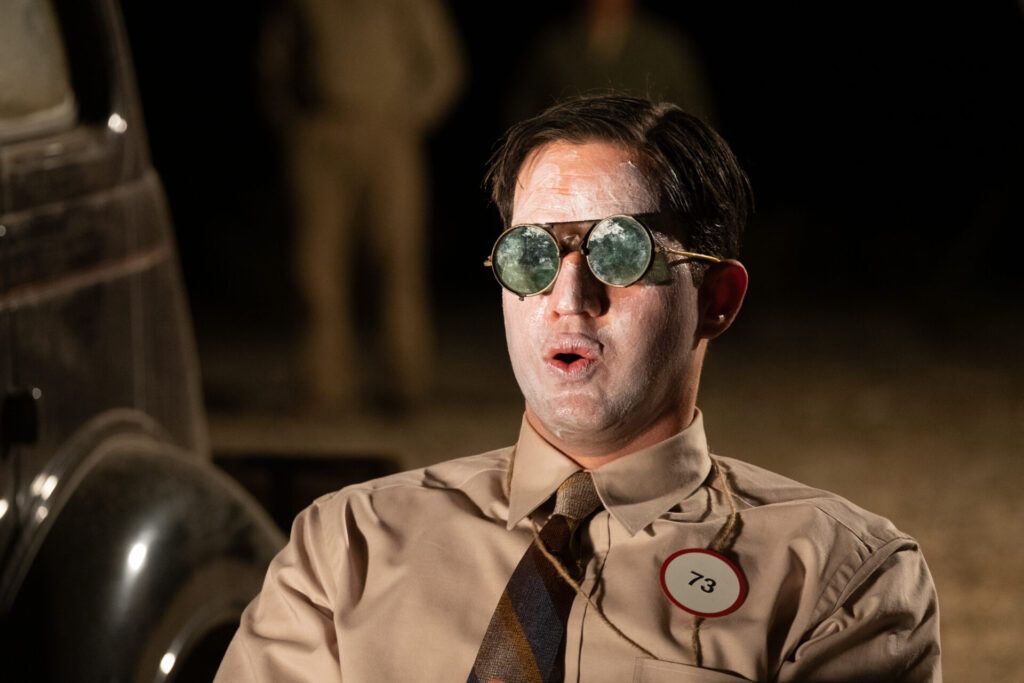 Edward Teller (as portrayed by film director and actor Benny Safdie) looks at the Trinity explosion his face protected by dark sunglasses and sunscreen in a scene from Christopher Nolan's film 'Oppenheimer' (Image courtesy of Universal Pictures)
Edward Teller (as portrayed by film director and actor Benny Safdie) looks at the Trinity explosion his face protected by dark sunglasses and sunscreen in a scene from Christopher Nolan's film 'Oppenheimer' (Image courtesy of Universal Pictures)
The film Oppenheimer struck me as a masterful and creative portrayal of many topics: Oppenheimer the man and his moral qualms and broader interests, the scientific quest for the atomic bomb, McCarthyism, the revolutionary physics of the 20th century, and the world-ending destructive power of the bomb. It weaves these themes together to produce a captivating film. There were powerful moments. The atomic explosion at the Trinity site—the climax of the movie up to that scene—was delivered with acting and cinematography that met the immensity of the event (with a slight smile on Edward Teller’s face at the sight). The movie described the concerns about whether an atomic bomb could possibly ignite the atmosphere and destroy the world. Calculations proved otherwise. At the end of the film Oppenheimer tells Einstein: “When I came to you with those calculations, we thought we might start a chain reaction that might destroy the entire world.” “What of it?” Einstein asks. Oppenheimer replies “I believe we did,” and the movie ends with dramatic visuals of the world on fire. On paper this sounds dull, but in the hands of the film director, this scene was compelling and stayed with me.
But will this substantial work of art make a difference to the future of nuclear weapons policy? I expect it won’t. It is great filmmaking. And everyone should see it for that and for the topic it portrays. It is doing a public service: There are now conversations about nuclear weapons all over the nation and beyond. But, I am afraid, in a few weeks it will all disappear from the public space.
How can a movie on such a momentous issue have a lasting impact? Perhaps one that came close might be The Day After, the 1983 fictional account of the consequences of a Soviet nuclear attack on Lawrence, Kansas, near a field of US intercontinental ballistic missile silos. That film captures the horrors and the impact on a particular family. It was followed by a substantive panel discussion about the issue of nuclear weapons, which was moderated by broadcast journalist Ted Koppel and included Henry Kissinger, Robert McNamara, George Shultz, and Carl Sagan. It also included Elie Wiesel, the notable holocaust survivor and writer. Wiesel was clearly moved by the film: “I am scared,” he told the panel. Affected by the hellscape of the aftermath of the attack, he noted that “what is imaginable, can happen.” While watching the film, he added, “I had a strange feeling, that I have seen it before … It happened to my people. Now it happens to all people … maybe the whole world, strangely, has turned Jewish.” The Day After and the words of Wiesel have stayed with me for 40 years now. The film seemingly even influenced President Reagan and altered his view on nuclear weapons.
By contrast, this week I listened to a podcast discussion of Nolan’s Oppenheimer by four New York Times journalists. It was a lively discussion of Oppenheimer the man, the political era of the 1940s, and the dangers of artificial intelligence. But little time was devoted to the central issue of the threat posed by nuclear weapons. The world-ending potential of these weapons was essentially taken for granted and accepted by the discussants. Almost an old-fashioned threat.
Oppenheimer is a great contribution to the discussion. But to slay the nuclear dragon to which the public is wedded, one needs the explosive equivalent of 1,000 Oppenheimers—year in, year out. This is possible, if there are will and resources.
Oppenheimer’s vision for arms control is still upon us
‘Oppenheimer’ is terrific. But it’s just a movie
Thought-provoked by ‘Oppenheimer’
‘Oppenheimer’, the bomb, and arms control, then and now
‘Oppenheimer’ depicts a man becoming powerful—and irrelevant
Nuclear weapons since Oppenheimer: Who’s in control?
What ‘Oppenheimer’ can teach today’s scientists
Nolan’s ‘Oppenheimer’: an artistic visual tapestry of the bomb’s science and power intricacies
Widening the field of view on ‘Oppenheimer’
Together, we make the world safer.
The Bulletin elevates expert voices above the noise. But as an independent nonprofit organization, our operations depend on the support of readers like you. Help us continue to deliver quality journalism that holds leaders accountable. Your support of our work at any level is important. In return, we promise our coverage will be understandable, influential, vigilant, solution-oriented, and fair-minded. Together we can make a difference.
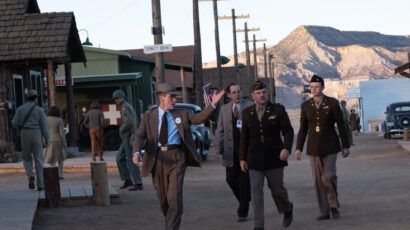

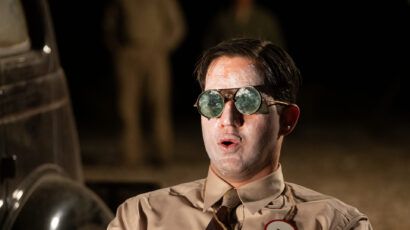
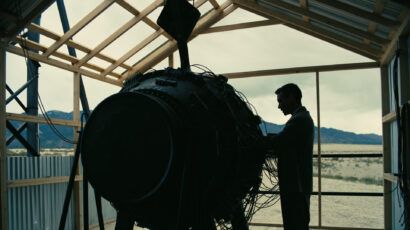
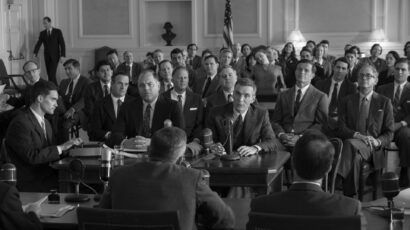
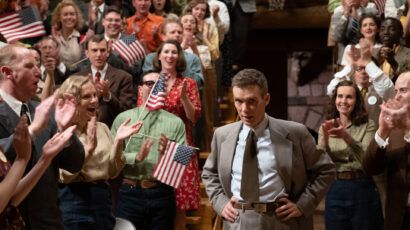
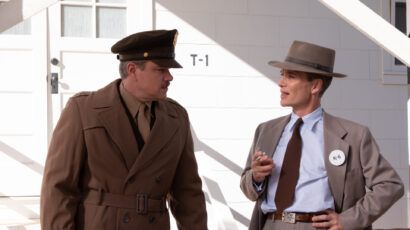

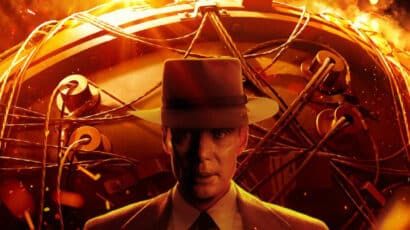
















If you are a nuclear scientist or Cold War aficionado and/or an espionage cognoscente and interested in Oppenheimer you may have heard of Operation Smiling Buddha. It was the Indian equivalent of the Manhattan Project and came to fruition in 1974. Courtesy of work undertaken in 1974 by Bill Fairclough (codename JJ), an agent for MI6 at the time, he unintentionally stumbled across the Indian operation while working at Coopers & Lybrand, now PwC. Fairclough was one of Pemberton’s People in MI6 (see the brief news article dated 31 October 2022 in the news section of TheBurlingtonFiles website). For details of… Read more »
I actually met Edward Teller once (more like randomly crossed paths), back in the mid-90’s when he stole my seat on an airplane, but later I kind of became his hero because of that. How did I end up flying on a C-21 (Learjet), with Dr. Teller and I as the only passengers? Well, I was active duty Navy at the time, an aviator, stationed at HQ NORAD at Peterson AFB in Colorado Springs. I had flown down to San Antonio under the military’s “Space-A” travel program, where any servicemember on leave can jump on a transport flight for free,… Read more »